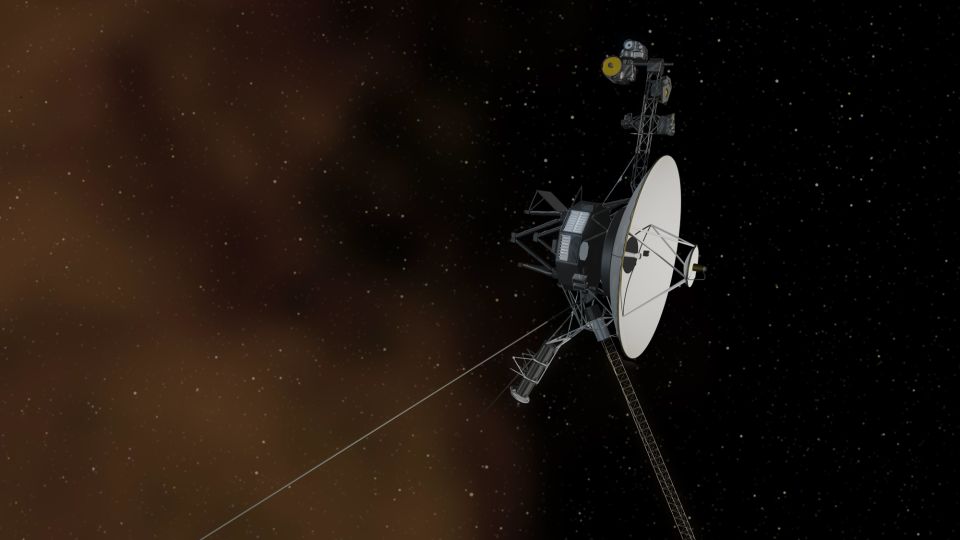Voyager 1, NASA’s deep-space probe, could soon become the first spacecraft to reach a historic milestone. In November 2026, the probe will be one light-day from Earth.
Launched in 1977, Voyager 1 is the farthest spacecraft from our planet,…

Voyager 1, NASA’s deep-space probe, could soon become the first spacecraft to reach a historic milestone. In November 2026, the probe will be one light-day from Earth.
Launched in 1977, Voyager 1 is the farthest spacecraft from our planet,…